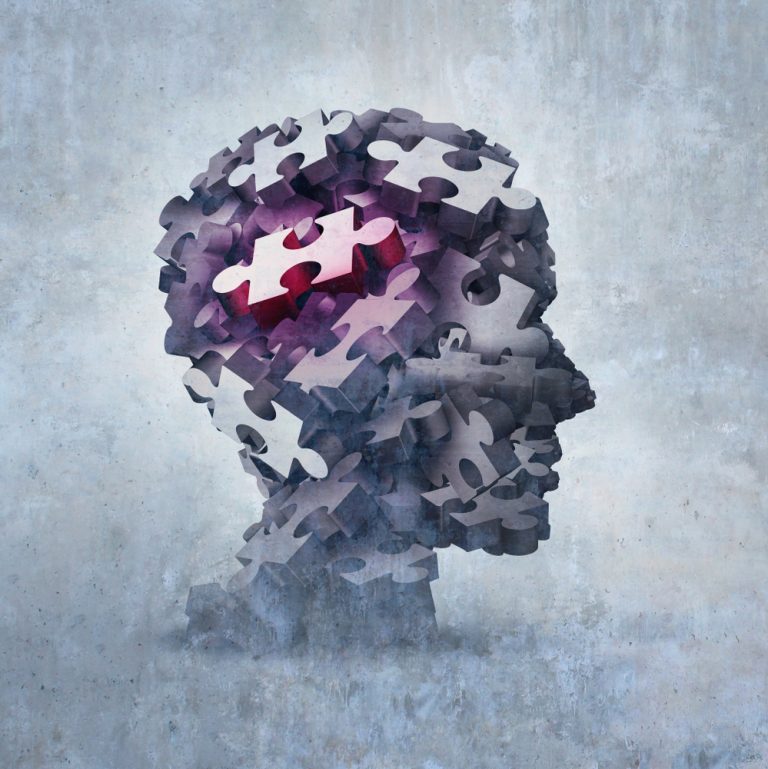Neurosis, otherwise known as neurotic disorders or anxiety disorders, are mental disorders that have very different symptoms. A neurosis is any disorder of the normal functioning of a person that results in a mental struggle (intrapersonal conflict).
Neurosis as diseases
The neurosis generally interferes with what is considered normal functioning but does not affect the person’s perception of reality. If the correct perception of reality is disturbed, then we are talking about psychosis.
A neurosis is a long-term negative emotional state. Neurotic people tend to be more depressed. They suffer from guilt, jealousy, anger, or fear. They are also much more strict in judging themselves than other people. They seem to be particularly sensitive to environmental stress and respond poorly to it. They may perceive ordinary everyday situations as threatening and problematic that can lead to despair.
The neurosis is a functional disorder that causes negative emotions, obsessive thoughts, compulsive behaviours and physical ailments (without objective disease sources) to dominate over the human personality.
In a milder form, neurosis is characterized by feelings of excessive anxiety and indecision, and some degree of social maladjustment.
According to the psychoanalytic theory, neuroses may be rooted in the ego’s defence mechanisms, but the two concepts are not synonymous. Defence mechanisms are a normal part of human development and the maintenance of a coherent sense of self. Only those thoughts and behaviours that cause problems in a person’s life can be called neurosis.
Neurosis origin and development
The term neurosis was introduced in 1769 by the Scottish physician William Cullen (1710-1790). The word comes from the combination of the words neuro- (Greek nerve) and -osis (Latin abnormal state). The term neurosis has been used in psychology since 1871, while clinical use in psychiatry began in 1923.
Jung’s approach to the issue of neurosis proved particularly successful with patients who were well adjusted to social standards, but who faced problems with existential questions. Jung has found that people often become neurotic when they are provided with inadequate or incorrect answers to questions about important existential issues.
In her latest book, Neurosis and Human Growth, Karen Horney presented a complete theory on the origin and development of neurosis. According to the author, neurosis is a distorted way of looking at the world and oneself. Horney argues that neurosis is passed on to the child through his environment and can take many forms.
The child’s reality is thus distorted by the parents. Growing up under the care of neurotic people, the child quickly loses confidence, which leads to feelings of inner anxiety. To deal with this fear, the child’s imagination creates an idealized image of himself
According to Karen Horney, mild anxiety disorders and full-blown personality disorders fall under the basic pattern of neurosis in varying degrees of severity. On the other hand, the opposite of neurosis is the state that Horney describes as self-realization - reacting to the world with the full depth of your spontaneous feelings, not with fear fueled by a sense of compulsion.
Treatment of neurosis
There are many different states of neurosis, obsessive-compulsive disorders, obsessive-compulsive personality disorders, impulse control disorders, anxiety disorders, hysteria, and a wide variety of phobias.
Disorders that are considered neurosis or neurotic disorders are curable, although this depends on many factors. In general, the sooner the symptoms of neurotic disorders are recognized, the more effective the treatment will be. The primary goal of treatment is to help the patient feel better and lead a normal, functional and productive life. The most effective treatment plans generally involve a multi-directional approach and can include both drug treatment and psychotherapy.








